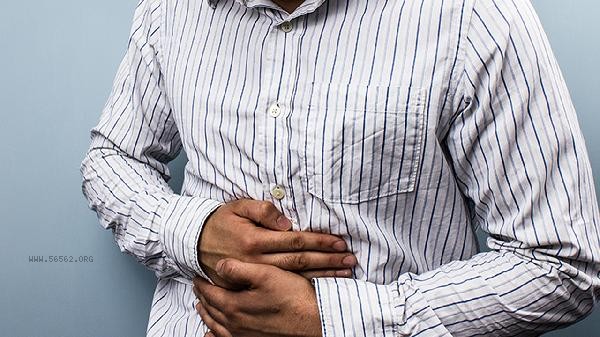Although it is rare for gastric ulcers to develop into stomach cancer after a three-month follow-up examination, it is indeed possible. Gastric ulcer itself is a benign lesion, but if left untreated for a long time or a special type of ulcer may become malignant, it needs to be confirmed through pathological examination. The malignant transformation of gastric ulcer into gastric cancer is usually related to the type of ulcer, individual factors of the patient, and treatment compliance. Chronic gastric ulcers, especially those located on the greater curvature of the stomach, have a certain probability of malignant transformation. Failure to eradicate helicobacter pylori infection, long-term use of nonsteroidal anti-inflammatory drugs, smoking and alcohol abuse can accelerate mucosal damage. If patients with gastric ulcers experience symptoms such as sudden weight loss, vomiting blood and black stools, and changes in the pattern of persistent pain, they should be alert to the possibility of malignancy. During gastroscopy re examination, if irregular ulcer edges, uneven base, and interrupted mucosal folds are found, the doctor will immediately take a biopsy to clarify the nature. Some special types of gastric ulcers themselves have a higher risk of malignant transformation. Due to long-term fibrosis repair, the probability of malignant transformation in callus ulcers is higher than that of ordinary ulcers; When the diameter of a huge ulcer exceeds three centimeters, the rate of cancer transformation significantly increases. Patients with hereditary diffuse gastric cancer syndrome may rapidly progress to leathery stomachs even if they develop minor ulcers. The interval for re examination of this high-risk group should be shortened to one month, and dye endoscopy or ultrasound endoscopy should be used to improve the detection rate. After re examination of gastric ulcer patients, gastric cancer should be immediately assessed for tumor staging. Early gastric cancer can be treated through endoscopic mucosal dissection, while in the middle and late stages, a combination of surgery and chemotherapy is required. Maintain a regular diet in daily life, avoid pickled and grilled foods, strictly quit smoking and drinking, and follow medical advice to eradicate Helicobacter pylori. Regular gastroscopy follow-up is crucial for preventing ulcer malignancy, especially for those with a family history of gastric cancer or precancerous lesions who should strengthen monitoring.












Comments (0)
Leave a Comment
No comments yet
Be the first to share your thoughts!